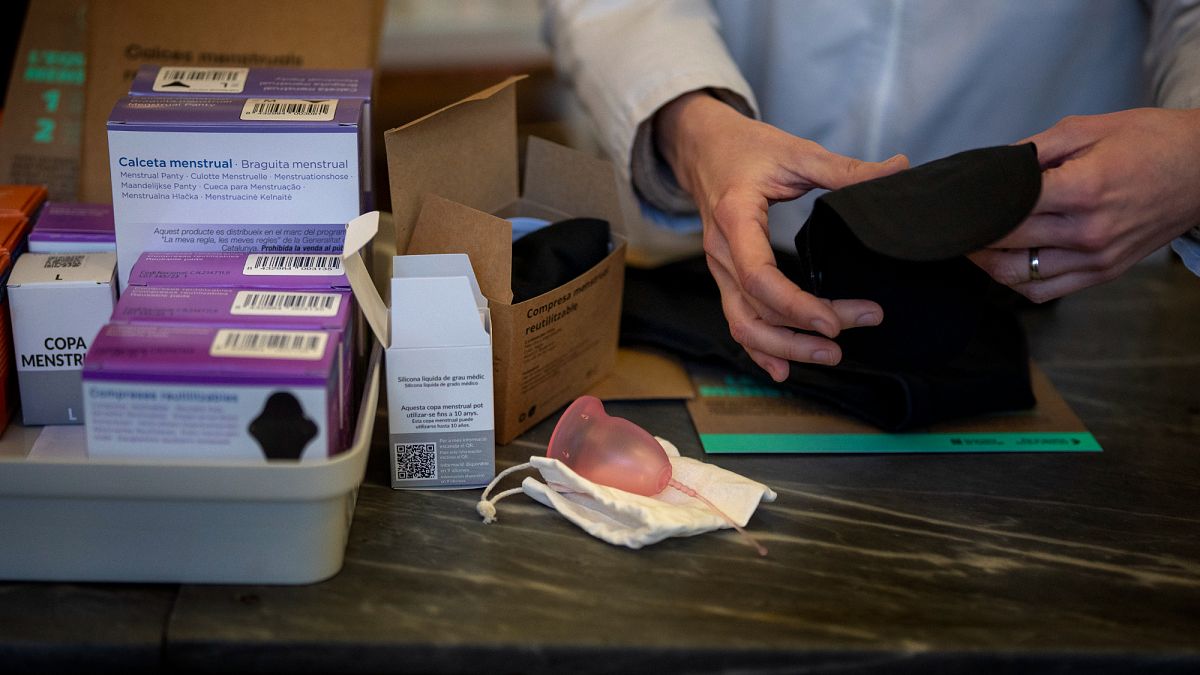

In today’s rapidly evolving world, issues of health and governance continue to resonate among the global populace. Two significant developments have recently come to the fore, one concerning the safety of everyday products and the other, electoral reforms that impact democratic participation. Let’s explore these topics in greater depth to understand their implications for both domestic and international communities.
The first issue garners attention from the realm of sustainable consumer goods, specifically focusing on reusable menstrual products. Recent research has brought to light the presence of ‘forever chemicals,’ scientifically known as per- and polyfluoroalkyl substances (PFAS), in certain menstrual products. These substances, often used for their water and grease-resistant properties, are found in substantial concentrations in reusable pads and underwear. The identification of a marker that indicates the intentional addition of PFAS in these products prompts a re-evaluation of their safety for users.
PFAS have earned the moniker ‘forever chemicals’ due to their persistence in the environment and the human body. Despite their widespread use in a variety of products, concerns are rising about their potential health impacts, including hormone disruption and increased cancer risk. This situation underscores the need for heightened awareness and regulatory measures to ensure that health-positive practices in sustainability do not inadvertently introduce new risks. Stakeholders, including manufacturers and health advocates, are called upon to collaborate in addressing these issues, fostering innovation in creating healthier and eco-friendly products.
On the other side of the world, in New Zealand, updates in the political arena are prompting discussions about governance and human rights. The current government, led by Prime Minister Christopher Luxon, is advocating for a substantial overhaul of the nation’s electoral laws. The proposed changes, aimed at modernizing processes seen as outdated, suggest measures such as closing voter enrolment 13 days before election day, reinstating a ban on prisoner voting, and restricting the provision of free food or drink near polling stations.
However, these reforms have sparked controversy and concern. Judith Collins, New Zealand’s Attorney General, has expressed worries that such measures could infringe upon human rights laws and potentially disenfranchise segments of the population, notably the Māori community, which could see over 100,000 voters affected. The discourse highlights a delicate balance between the pursuit of efficient governance and the safeguarding of democratic principles that ensure every citizen’s voice is heard.
Prime Minister Luxon embodies the stance that these reforms are essential for ensuring fairness and integrity in the electoral process, yet the debate continues, echoing the complex interactions between law, cultural rights, and political representation. The outcomes of these discussions may influence not only national policy but also serve as a case study for nations grappling with similar challenges in maintaining democratic robustness amid societal change.
These two narratives, though distinct in nature, share a common thread of underscoring the importance of prudent decision-making in both personal health and communal governance. As global citizens navigate an intricate world of interconnected challenges and opportunities, it is imperative to cultivate a mindful approach that considers the long-term impacts of today’s actions on future generations.
Source: {link}
